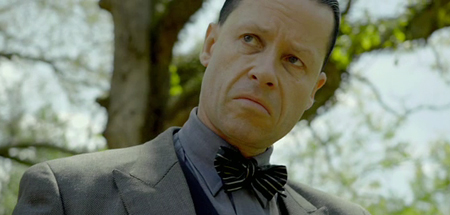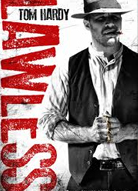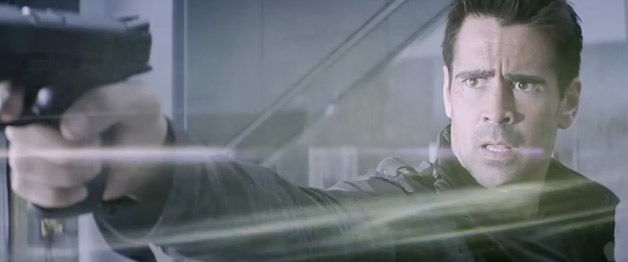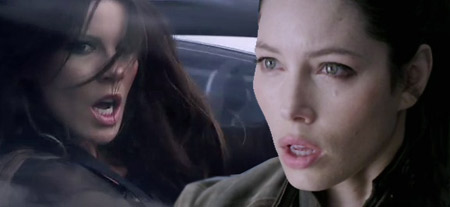Review: "Compliance"
 Monday, September 3, 2012 at 2:00PM
Monday, September 3, 2012 at 2:00PM 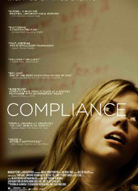 Compliance is the kind of film I always hope to love. Ambitious, confrontrational, and very well acted films that rely on theme and character and ideas are jawdroppers for me in a way that explosions, stunts, and visual effects innovations almost never are. But ambitions and soulful actors can only take you so far when fundamental flaws get in their way.
Compliance is the kind of film I always hope to love. Ambitious, confrontrational, and very well acted films that rely on theme and character and ideas are jawdroppers for me in a way that explosions, stunts, and visual effects innovations almost never are. But ambitions and soulful actors can only take you so far when fundamental flaws get in their way.
It's best to see Compliance cold (as I did) with no knowledge of its subject matter. Unfortunately it's almost impossible to talk or write about without giving its game away which is why it's a tough sell (it's made $111,000 in limited release) though it's gripping enough should you buy a ticket. So read on at your own risk...



